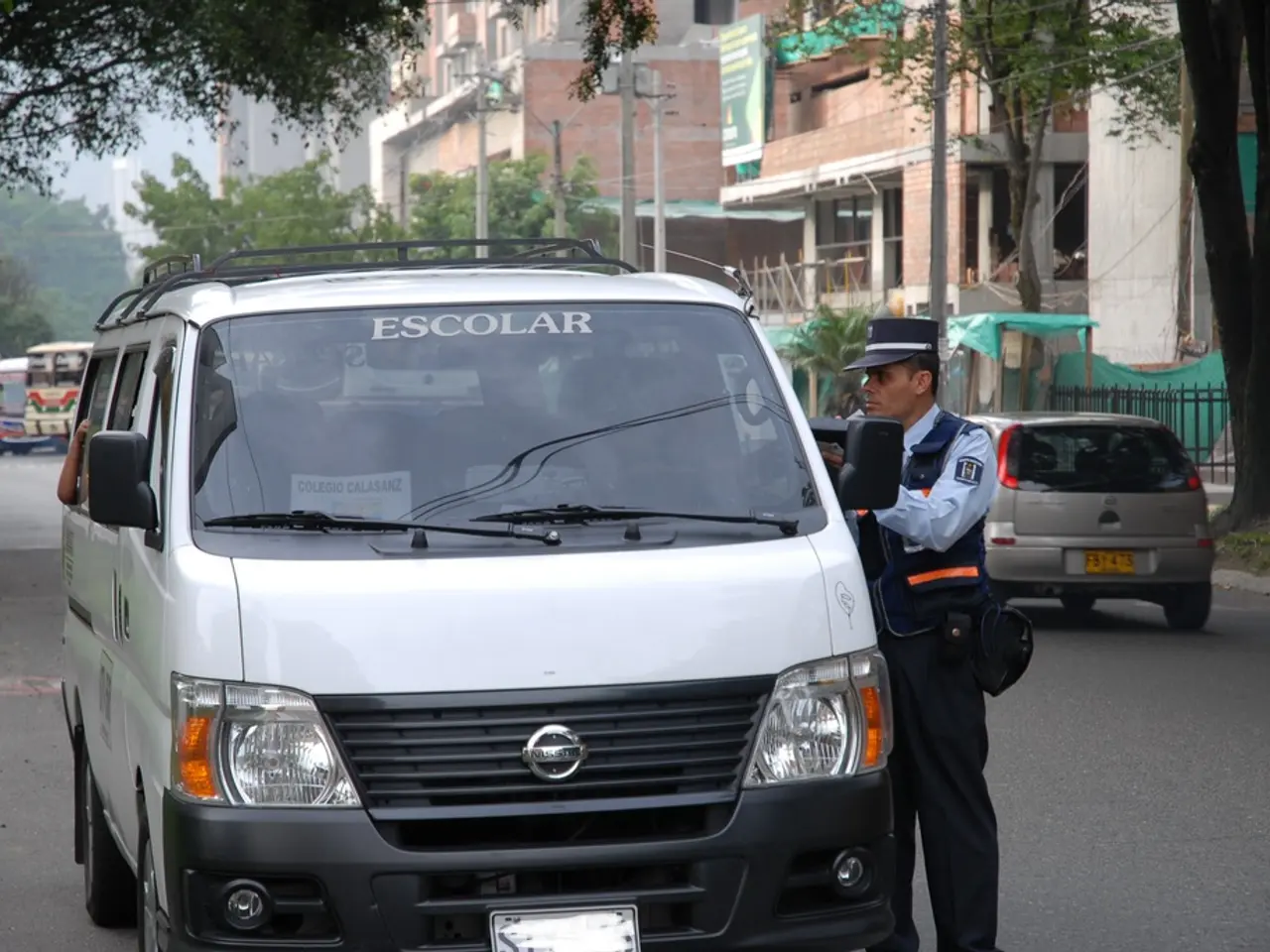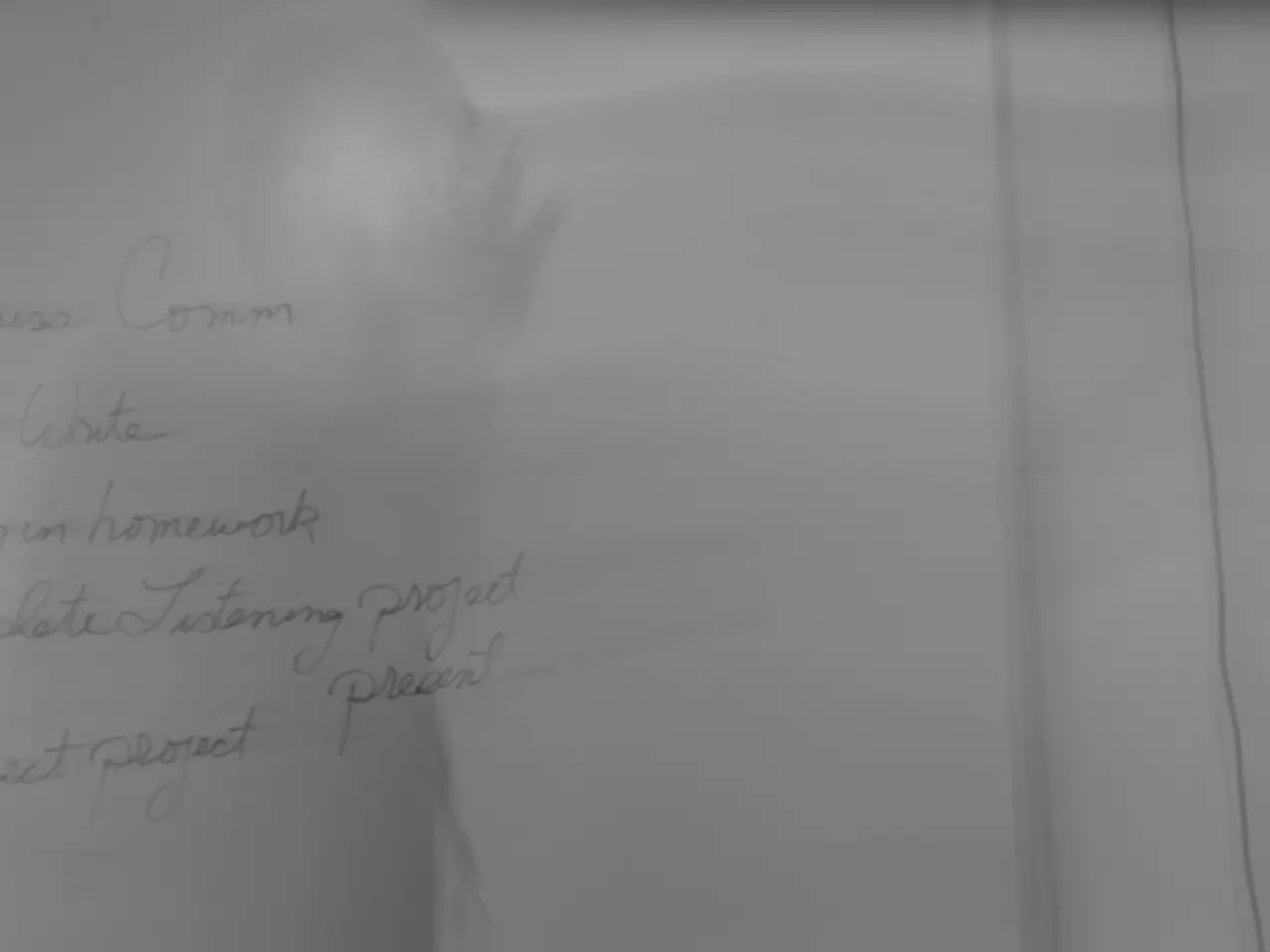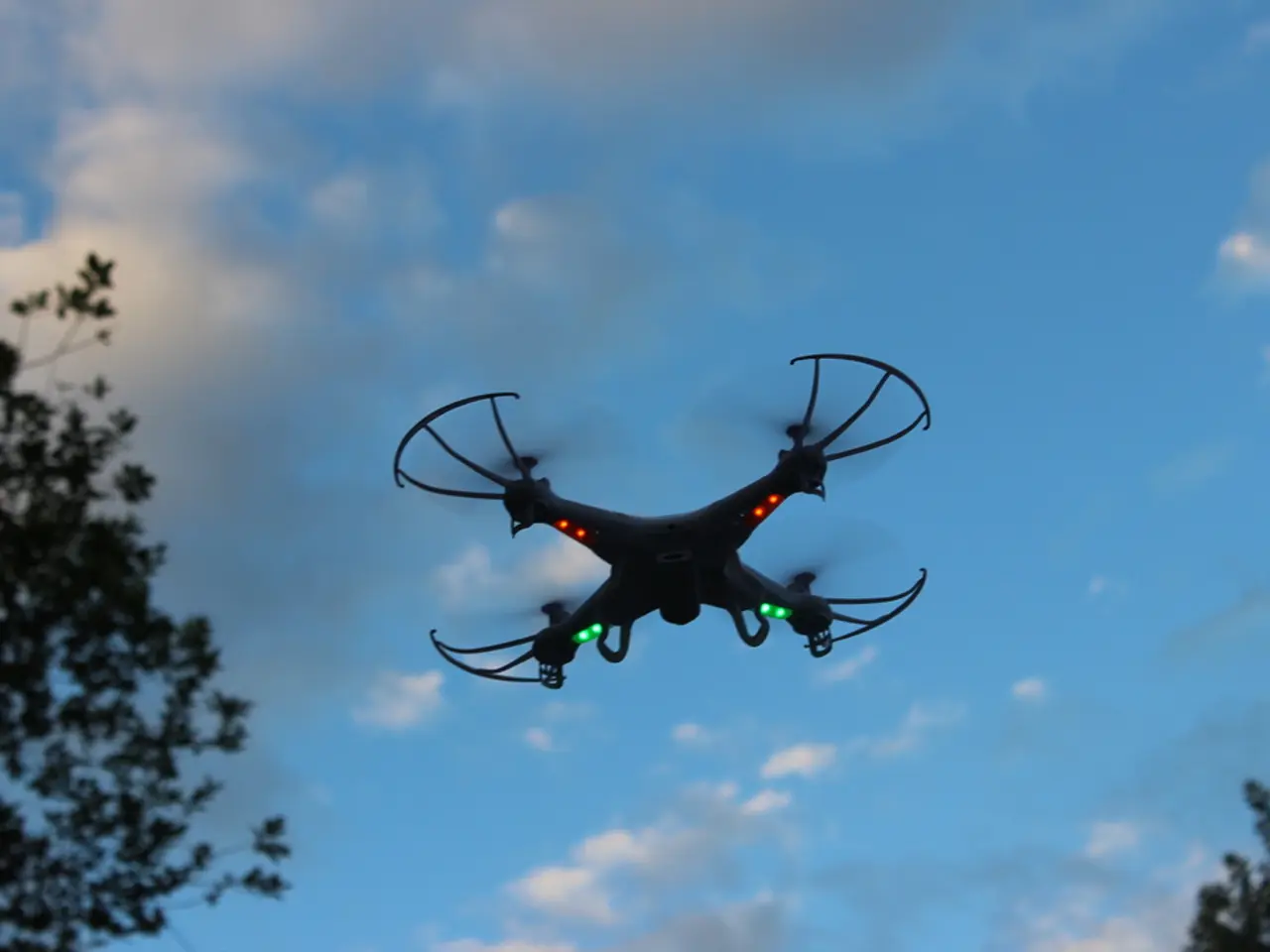"Indigenous Runner Youths Urge Biden to Close Down DAPL: 'Matter of Sacrifice'"
In the ongoing battle against the Dakota Access Pipeline (DAPL) and Enbridge's Line 3, youth activists are leading the charge, utilising legal challenges, public protests, and political advocacy to push for their shutdown.
AnnaLee Yellow Hammer, a member of the Standing Rock Sioux Tribe and vice president of the Standing Rock Youth Council, started her efforts to stop the DAPL when she was in middle school. Her determination has not wavered, and she continues to be a driving force in the movement. In 2016, AnnaLee, along with about 30 Indigenous youth, ran from North Dakota to Washington, D.C., to deliver a letter opposing the pipeline.
Morgan Brings Plenty, a member of the Cheyenne River Sioux Tribe, is another young leader. Morgan is a descendant of survivors of the Wounded Knee Massacre, an event that claimed the lives of up to 300 Lakota people, including women and children, in 1890. Morgan's experiences running alongside Indigenous-led pipeline resistance groups are memories she cherishes, describing them as "the best times of their life."
The movement to shut down DAPL is for the seven generations ahead, for the leaders of tomorrow, and for the children born into a world addicted to oil and gas. The youth runners see their efforts as a sacrifice to make life easier for future generations. Celebrities like Kerry Washington, Mark Ruffalo, and Ava DuVernay have joined the cause, signing a letter asking President Joe Biden to shut down the DAPL.
The DAPL, currently operating and pumping 570,000 barrels of oil a day, is set to double its capacity. However, a court ruled in July that the pipeline was operating illegally in violation of the National Environmental Policy Act. The federal government is appealing a $28 million award to North Dakota related to costs from pipeline protests supporting Standing Rock Sioux Tribe land and water protection claims.
Regarding Enbridge's Line 3 pipeline, a federal judge has ordered Enbridge to close a section of the pipeline crossing tribal land in Wisconsin within three years. The youth activists continue to demand full shutdowns, often organising protests and raising awareness about spills and environmental risks associated with the pipelines.
In Washington, D.C., the youth plan to take their fight against the DAPL to the capital on April 1, the fifth anniversary of the birth of Sacred Stone Camp. The U.S. military killed up to 300 Lakota people on December 29, 1890, during the Wounded Knee Massacre, an event that continues to resonate with the youth activists today.
During Rep. Deb Haaland's confirmation hearing, Republican lawmakers asked about her support for shutting down the pipeline, but she did not offer an answer. Haaland, the first Native American cabinet secretary, emphasised the importance of consulting tribes and following the president's agenda as secretary, not her own. The youth will continue to organise and run until President Biden's stance on DAPL becomes clear.
As the legal and corporate resistance remains strong, the youth-led movement continues to press on, hoping to create a future free from the dangers of oil and gas pipelines for the generations to come.
[1] Greenpeace faces a multimillion-dollar lawsuit from Energy Transfer, the pipeline operator, accusing them of inciting protests that delayed construction. Greenpeace is challenging the trial venue citing local bias but could face severe financial consequences if it loses.
[2] A federal judge has ordered Enbridge to close a section of the Line 3 pipeline crossing tribal land in Wisconsin within three years, reflecting ongoing judicial attention to environmental and Indigenous concerns.
[3] The federal government is appealing a $28 million award to North Dakota related to costs from pipeline protests supporting Standing Rock Sioux Tribe land and water protection claims.
[4] Actions include public demonstrations, legal challenges, and lobbying entities like the Illinois Commerce Commission, which holds approval power over pipeline operations in some states.
[5] The protests originally surged in 2016-2017 with large-scale youth and Indigenous participation, focusing on indigenous land rights and environmental justice; the pipeline was completed after federal policy changes.
Contributing Reporter: Dawnee LeBeau.
- Greenpeace, a non-profit environmental organization, is facing a potential multimillion-dollar lawsuit from Energy Transfer, the pipeline operator, alleging that Greenpeace incited protests that hampered construction. Greenpeace is contesting the trial venue due to perceived local bias, yet the organization risks significant financial repercussions if it loses.
- In a move indicative of ongoing judicial attention to environmental and Indigenous concerns, a federal judge has ordered Enbridge to shut down a section of the Line 3 pipeline that crosses tribal land in Wisconsin within three years.
- The federal government is appealing a $28 million award to North Dakota related to costs incurred from pipeline protests supporting the Standing Rock Sioux Tribe's land and water protection claims.
- Organizers are executing initiatives such as public protests, legal challenges, and engaging with entities like the Illinois Commerce Commission, which has authority over pipeline operations in certain states, as part of their efforts to influence pipeline operations.
- The wave of protests first gained momentum in 2016-2017, with widespread youth and Indigenous participation driven by concerns over indigenous land rights and environmental justice. The pipeline was eventually completed after changes in federal policy.





